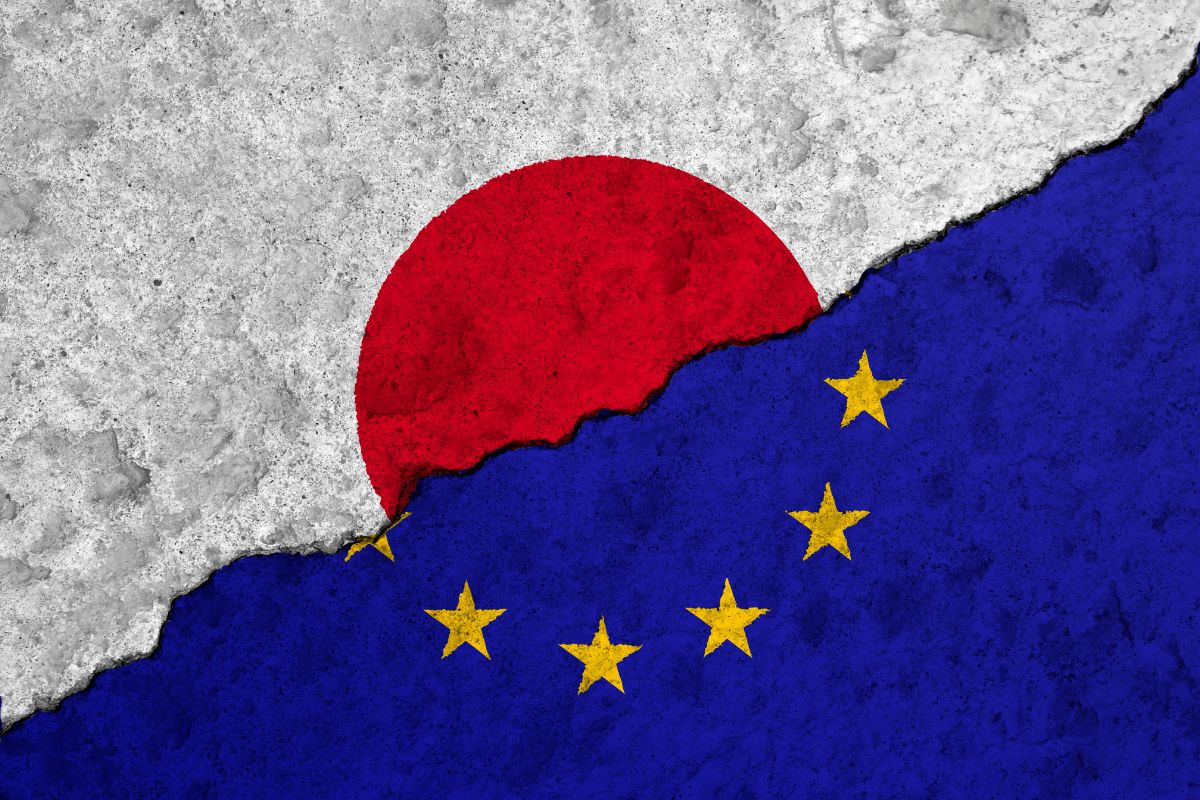Following the launch of an EU purchasing platform for critical raw materials, a bilateral partnership may follow to further consolidate demand and strengthen market leverage.
Japan and the EU are exploring options for the joint procurement of rare earth elements in an effort to reduce their dependence on global market leader China. Public-private partnerships are expected to play a central role in this plan, according to a report published Thursday by Nikkei Asia (paywall). The report also mentions a possible simplification of EU regulations. Details of the potential cooperation are expected to be discussed over the summer in meetings between foreign and economic ministers. The initiative will likely be formally announced at the EU–Japan leaders’ summit on July 23.
Since China imposed export controls on certain rare earth elements and related products in April, the global supply situation has worsened. In May, exports of particularly critical elements like terbium dropped to zero. Western countries have since intensified their efforts to reduce raw material dependency. Just last week, we reported that the European Commission is developing measures to establish strategic stockpiles, which will also include critical raw materials. In addition, the supply of these and other strategic resources—such as hydrogen and natural gas—is to be facilitated through joint procurement among EU member states. A dedicated EU platform for this purpose was launched in early July.
Japan Seen as a Model for Resilient Supply Chains
While the EU still has ground to make up, Japan is seen as a model when it comes to building resilient supply chains. Diversifying away from China has long been a strategic focus there. A key player is JOGMEC, the state-owned Japan Oil, Gas and Metals National Corporation, founded more than 20 years ago to enhance energy and resource security. JOGMEC provides financial support for exploration and mining projects, including those overseas. So far, the EU has no comparable institution. Even the recently published draft budget for 2028 to 2034 contains no reference to such an initiative—despite repeated calls from industry representatives for increased investment in raw material value chains.
Photo: Andrew Linscott via Canva

